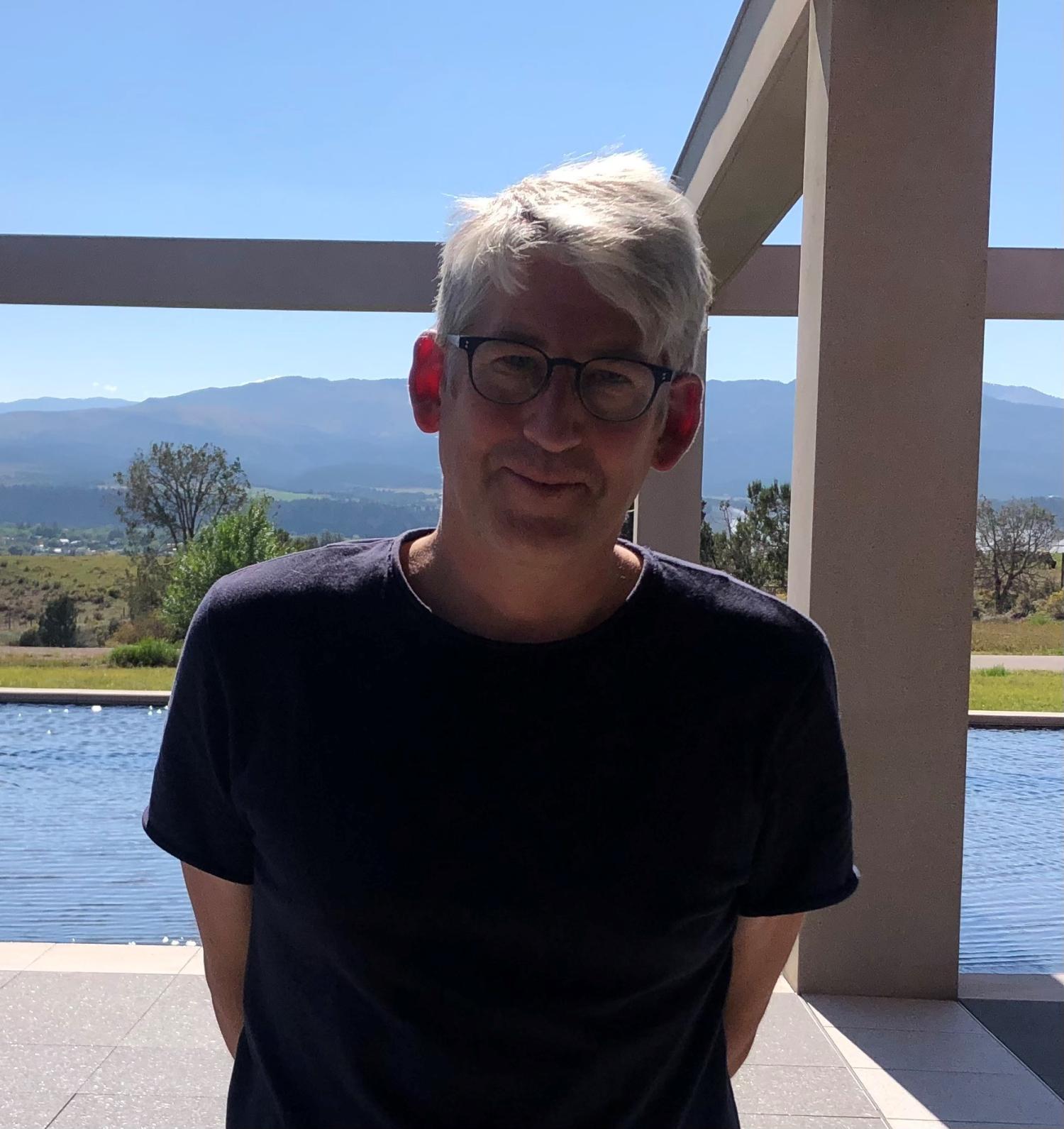Arne Höcker
- Associate Professor
- Associate Chair of Graduate Studies
- GERMAN PROGRAM

Wednesdays, 12:15-1:15pm, in person
Statement on Graduate Student Advising
My research and teaching centers around three main areas of expertise: (1) cultural and critical theory from Marx, Nietzsche, and Freud to the Frankfurt School and post-structuralist criticism; (2) the history and theory of scientific cultures; and (3) the rise and fall of the medium of literature from the 18th century to the present. I have written two monographs: Epistemologie des Extremen: Lustmord in Kriminologie und Literatur um 1900 (Fink 2012) reconstructs the creation of criminological knowledge in light of modernist poetics and the narrative strategies invoked in the objectification of the criminal; The Case of Literature: Forensic Narratives from Goethe to Kafka (Cornell UP 2020) offers an investigation into the history of the literary case study from its emergence in the 18th century to its peculiar role in the development of Freud's psychoanalysis. In addition, I am the co-editor of various journal issues and thematic volumes on Kafka's institutions, the role of narrative for the production of scientific cognition, practices of citation, and on materiality and literature in the 19th century. Most recently, I have been interested in the history of the psychiatric and cultural concept of paranoia and how it can help us understand the re-emergence and rise of sovereign forms of authority in the 20th and the 21st centuries. I received my MA from the Humboldt-University in Berlin in 2002, and my PhD from Johns Hopkins University in 2008. Before coming to CU, I taught at Wesleyan University and NYU.
I welcome undergraduate and graduate students to discuss your research projects with me and if you believe that my areas of expertise are relevant for your own studies, I will happily consider joining your committee.
I regularly teach "The Frankfurt School," "Tracing the Criminal," and "Inside Nazi Germany".
Next courses to be taught in Spring 2026:
GRMN 2301 Inside Nazi Germany
This course is a three-unit introduction to the culture of Nazi Germany. In the first unit of the course, we begin with a discussion of the historical background for the Nazi Party’s rise to power, and then focus on the major tenets of Nazi thought. The second unit presents the cinema as an exemplary form of Nazi cultural production. The final unit of the course examines Nazi youth culture.
GRMN 4051/5051 The Critical Theory of the Frankfurt School
This course is designed to offer an introduction to Critical Theory as envisioned by the thinkers associated with the “Institute for Social Research,” which later became known as the Frankfurt School. After revisiting some of the philosophical foundations including Kant, Marx, Nietzsche, and Freud, we will focus on some of the canonical works of Critical Theory. We will discuss texts by key figures associated with the Frankfurt School such as Walter Benjamin, Theodor W. Adorno, Max Horkheimer and Herbert Marcuse and we will read some of the exciting contemporary thinkers like Angela Davis, Nancy Fraser, and Rahel Jaeggi, who have taken this critical philosophical tradition in productive new directions.

